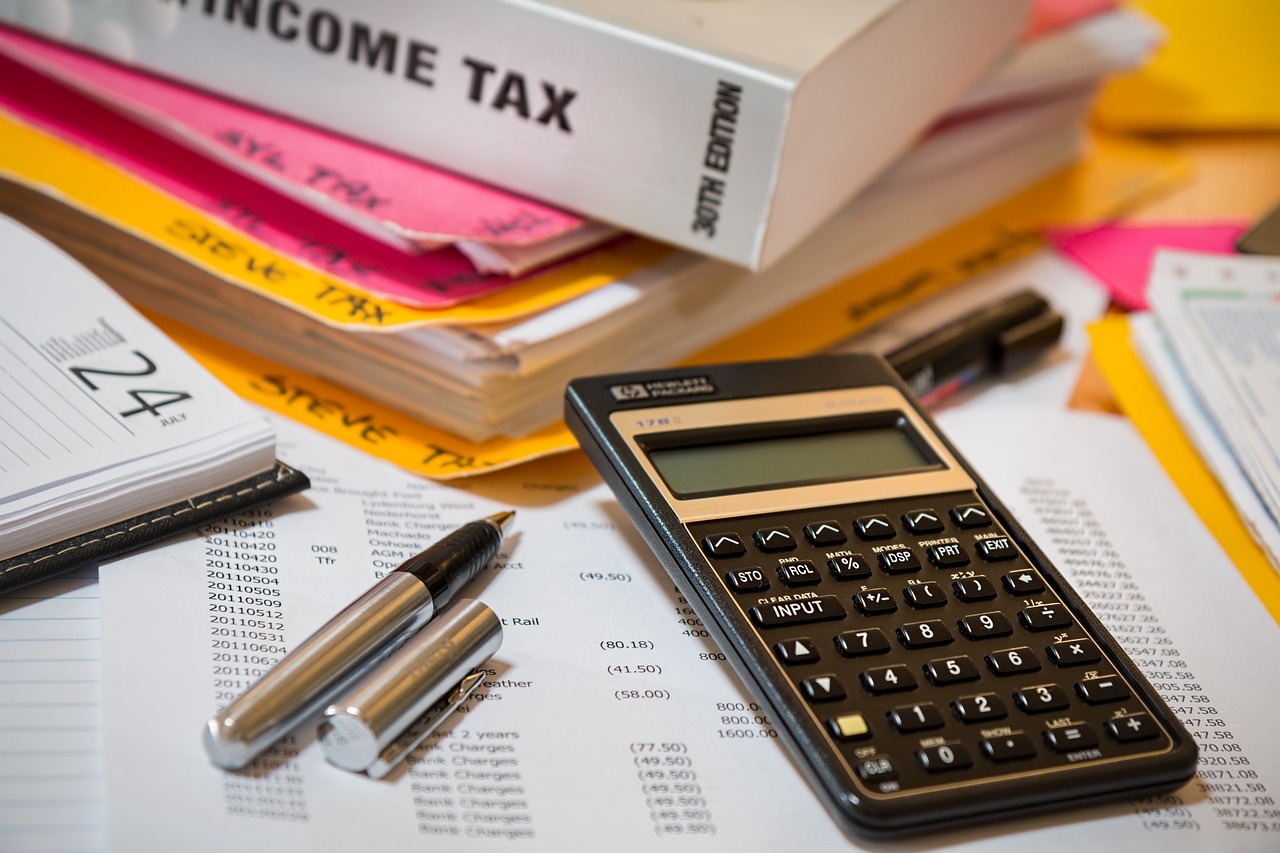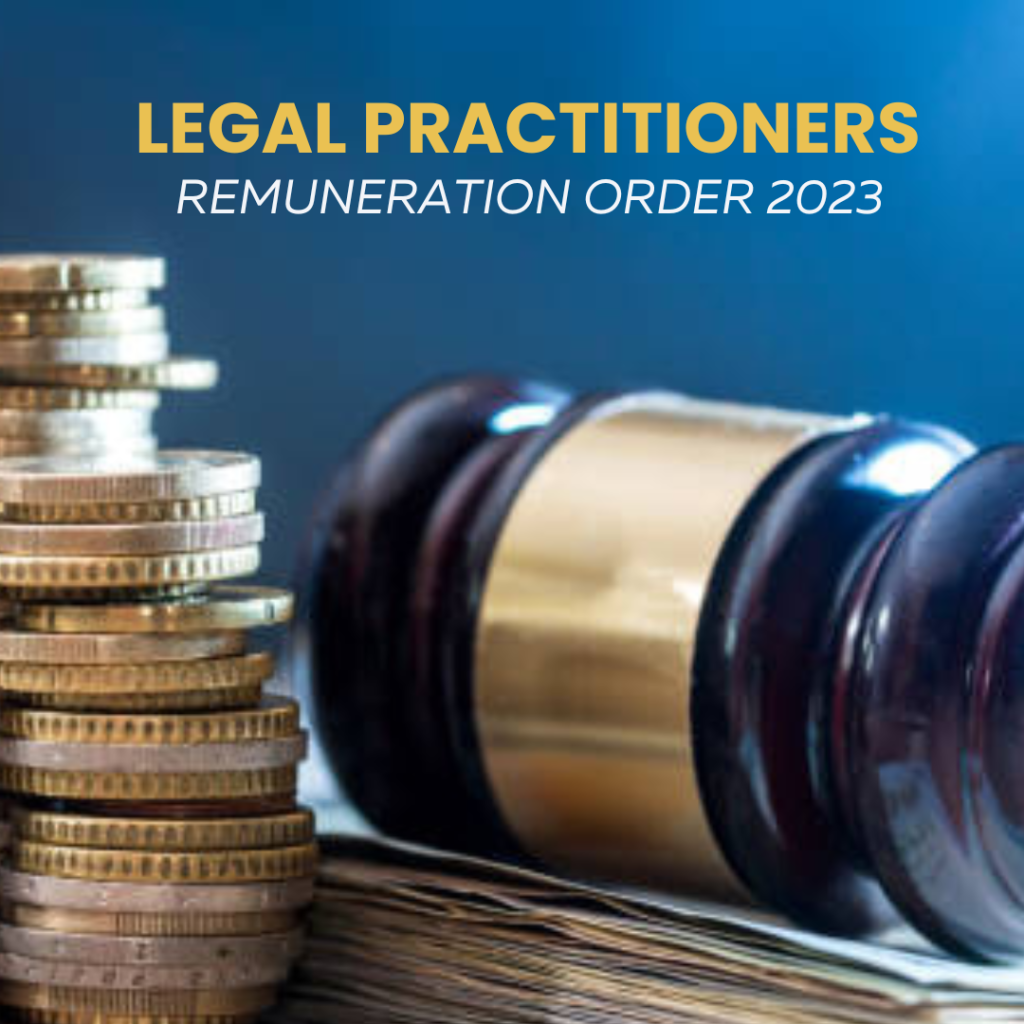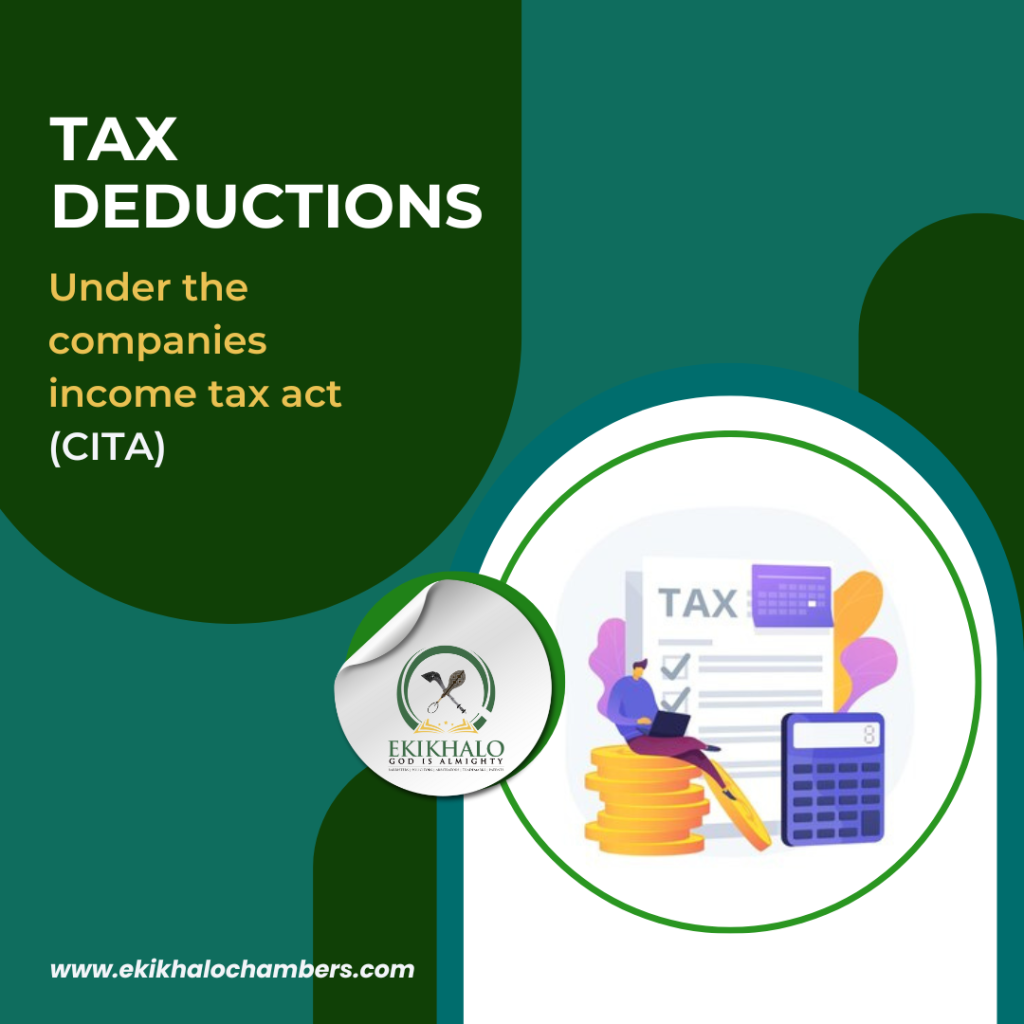Introduction
Taxes in Edo State Nigeria
Benjamin Franklin, an American statesman in his letter to Jean-Baptiste Le Roy said “Our new Constitution is now established, and has an appearance that promises permanency; but in this world nothing can be said to be certain, except death and taxes.
Although Taxation is a certain fact, most Nigerians like to shy away from it and most people deliberately avoid taxes because of different perspectives they have on taxation. Whatever your view on taxation is, it cannot be wished away. It has come to stay because it’s a key source of revenue for the government and is essential in state-building and national development. Without the ability to raise revenues effectively, states are limited in the extent to which they can provide security, meet basic needs or foster economic development.
In this new drive to increase revenue the Federal Government and indeed the Edo State government have set out different machineries to ensure adequate revenue generation. In this write up we examine all that individuals and businesses need to know about taxes and how it applies to them. Before proceeding in detail, here are some myths about taxes and the truth of those myths.

DEFINITION OF TAX
There are several definitions of taxation but the one that stands out is the one that defines tax as a compulsory contribution to state revenue, levied by the government on workers’ income and business profits, or added to the cost of some goods, services, and transactions.
COMMON MYTHS ABOUT TAXES
Nigerians and in particular residents of Edo State have different ideas and opinions on what exactly is tax and hence there might be some misconceptions.
Here are some common myths about taxation:
Myth 1: Taxation is a burden and all taxes go to the government’s pockets
Reality: Taxation funds public goods and services that benefit society like healthcare, education, and security. Also, the government acts as an agent for the people and disburses taxes for societal benefit
Myth 2: Taxes are only meant for rich people and businesses
Reality: Everyone contributes to taxation, including low-income earners, through indirect taxes like VAT, consumption taxes and withholding taxes.
Myth 3: Tax evasion is a minor offence
Reality: Tax evasion is a criminal offence that can result in fines and imprisonment.
Myth 4: Taxation stifles economic growth
Reality: Taxation can be a useful tool in promoting economic growth by funding infrastructure and public services.
Myth 5: Taxation is unfair
Reality: Taxation is designed to be fair and progressive, with higher earners paying more.
WHY SHOULD I OR MY BUSINESS PAY TAX
- Funding Public Goods and Services
Taxes are crucial in the funding of essential public goods and services like roads, schools, hospitals, and security. Taxes help build and maintain infrastructure like bridges, airports, and public transportation - Tax Compliance Benefits: Individuals and corporate bodies are accorded definite benefits, rights and privileges in the system based on their tax compliance status. For example, the Edo State Procurement Agency mandates that intending contractors provide a Tax Clearance Certificate/Evidence of payment of either the company or personal income tax of one Director for the immediate past year. This implies that failure to provide evidence of payment of taxation would prevent a business from getting government contracts.
- Educational Support and Development: Through the Tertiary Education Tax, the government uses funds generated from the payment of taxes to finance infrastructural projects in Universities, Polytechnics and Colleges of Education nationwide with the Tertiary Education Trust Fund (TETFUND) to improve the quality of education within the country.
- Avoiding Penalties and Legal Issues
paying taxes on time prevents penalties, fines, and legal issues such as the Tax Authority’s Power to use legal means to confiscate assets such as real estate, vehicles, or machinery and Sell the confiscated assets to recoup the unpaid tax amount.
TAX ADMINISTRATION IN NIGERIA
Administration of taxation in Nigeria is vested in certain authorities depending on the tax in question. There are majorly three major tax authorities in Nigeria which are:
- Federal Inland Revenue Service (FIRS).
- State Internal Revenue Service; and
- The Local Government Revenue Committee.
TAXES IN EDOS STATE EXPLAINED
There are different types of taxes payable in Edo State and these taxes are levied for different purposes. The types of taxes in Nigeria include:
PERSONAL INCOME TAX
Personal Income Tax (“PIT”) is a type of tax levied on the income, earnings and wages of individuals in employment or individuals who are self-employed through businesses and partnerships. It is a progressive tax paid to the State Inland Revenue Service where the payer resides, this is paid irrespective of whether the individual works for the federal, state or local governments or private organisations except the Nigerian Police, Armed Force, FCT residents and foreigners outside the country but earning income in Nigeria (non-residents). The PAYE (Pay-As-You-Earn) system deducts the tax directly from the individual’s income. On the other hand, self-employed individuals pay their PIT through a process called direct assessment. Direct assessment is predominantly levied on self-employed individuals who run small businesses.
The Tax rate ranges from 7% to 24% (24% being the headline PIT rate) depending on the amount of chargeable income. For instance, an individual who earns less than ₦300,000 per annum is subject to a minimum tax of 1% of gross income.
The principal basis of liability to tax under the PITA is residency. A person is considered a resident if one is physically in Nigeria for at least 183 days (including leave and temporary absence) in any 12 months or serves as a diplomat or diplomatic agent of Nigeria abroad.
Personal Income Tax is guided by the Personal Income Tax Act 2017 and the due date for filing returns of the tax is 31st March of every year. The due date for remittance of PAYE is the 10th day of every succeeding month. An employer shall file a return of emoluments and tax deducted from the employees in the preceding year not later than 31st January of every year.
Any person who fails to file a return shall be liable on conviction to a fine of ₦5,000 and a further sum of ₦100 for every day during which the failure continues or a term of imprisonment of six (6) months or both. Similarly, any employer who fails to file a return shall be liable on conviction to a penalty of ₦500,000 for corporate bodies and ₦50,000 in the case of individuals.
COMPANY INCOME TAX
Company Income Tax, also known as Corporate Tax, is a tax levied on the profits made by companies operating in Nigeria. It is regulated by the Companies Income Tax Act (CITA) under the supervision of the Federal Inland Revenue Service (FIRS).
It is charged on profits that accrue in, are derived from, brought into, or received in Nigeria. For Company Income Tax purposes, the taxable amount is the company’s profits for the accounting year or period after deducting allowable expenses and applicable reliefs as stipulated under CITA. This includes profits from Trade or business, Rent on properties, Premiums, interest, etc. from investments, Dividends, interest, royalties, fees from Nigeria and any income accruing in, derived from or brought into Nigeria. However, some profits are excluded from it provided that they are not made from trade or business activities carried out by the Company. An example of a body that is exempt from CIT are Cooperative Societies. Companies that are based in Nigeria pay taxes on their incomes from all over the world while non-resident companies pay taxes on income generated solely in Nigeria.
In Nigeria, companies pay income tax based on their size and yearly earnings. Small companies making NGN 25 million or less are exempt. Medium-sized businesses earning between NGN 25 million and under NGN 100 million face a 20% CIT rate, while large companies making over NGN 100 million are subject to a 30% CIT rate on their worldwide income. Understanding your position based on annual sales is crucial for handling income tax in Nigeria.
Company Income Tax applies to all companies incorporated in Nigeria except companies that carry out petroleum activities. Companies liable to Petroleum Profit Tax are not liable to Company Income Tax on the same income. These activities are regulated and covered by the Petroleum Industry Act 2021.
The administration of Company Income Tax in Nigeria is guided by the Company Income Tax Act 2019 and newly incorporated companies are expected to file tax returns within eighteen (18) months from the date of incorporation or not later than six (6) months after the end of its accounting period, whichever is earlier. For existing companies on the other hand, within six (6) months from the end of the accounting year.
All companies incorporated under the Companies and Allied Matters Act (CAMA) are mandatorily required to file Company Income Tax returns annually, irrespective of their profit or loss position.



About The Author: Admin
More posts by admin